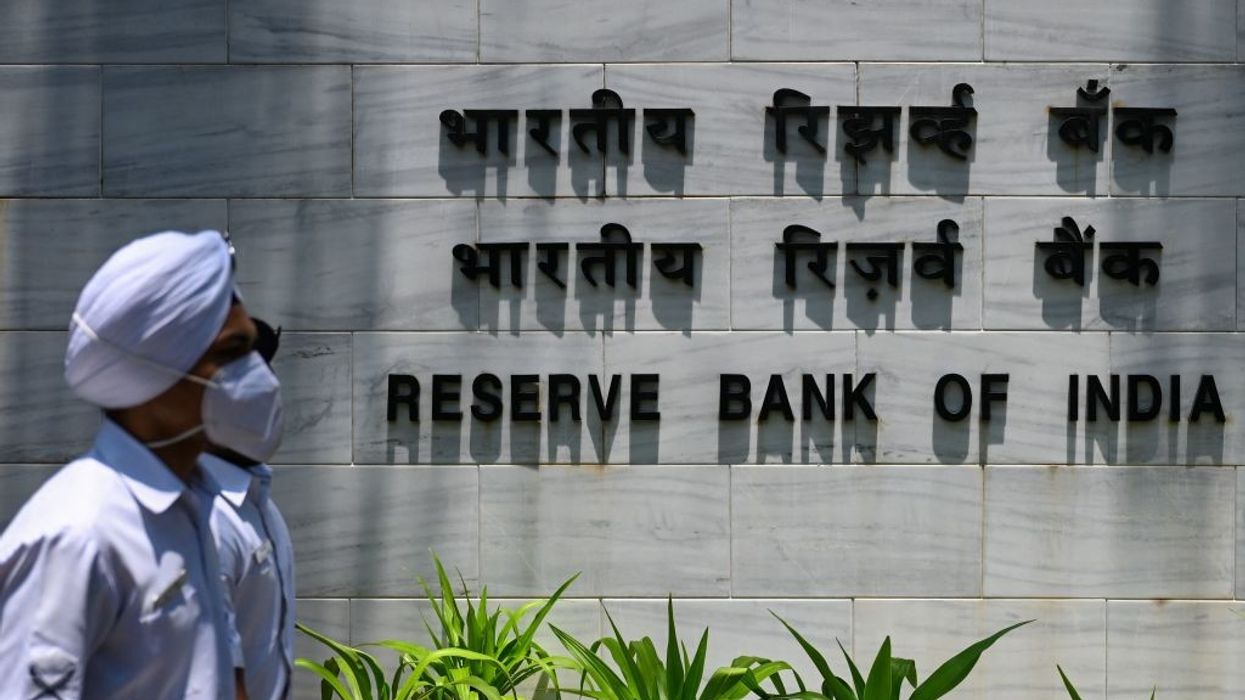RESERVE BANK OF INDIA (RBI) relaxed restrictions on the HDFC Bank, allowing it to issue new cards.
The central bank had issued orders in December and February to HDFC Bank on certain incidents of outages in the internet banking /mobile banking / payment utilities of the bank over the past two years.
"As a further update to the above intimations, we wish to inform you that the RBI vide its letter dated August 17, 2021, has relaxed the restriction placed on sourcing of new credit cards," it said in a regulatory filing on Wednesday (18).
The board of directors of the bank has taken note of the said RBI letter, it said.
It further said the restrictions on all new launches of the digital business generating activities planned under Digital 2.0 will continue till further review by RBI.
"We will continue to engage with RBI and ensure compliance on all parameters," the bank said.




